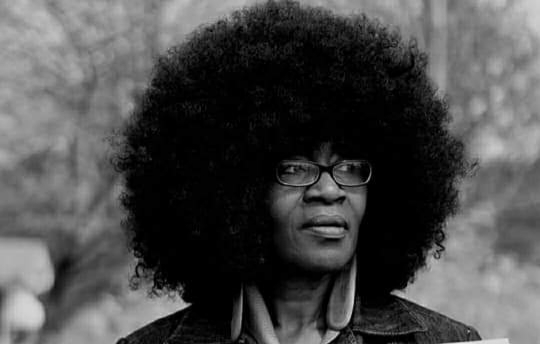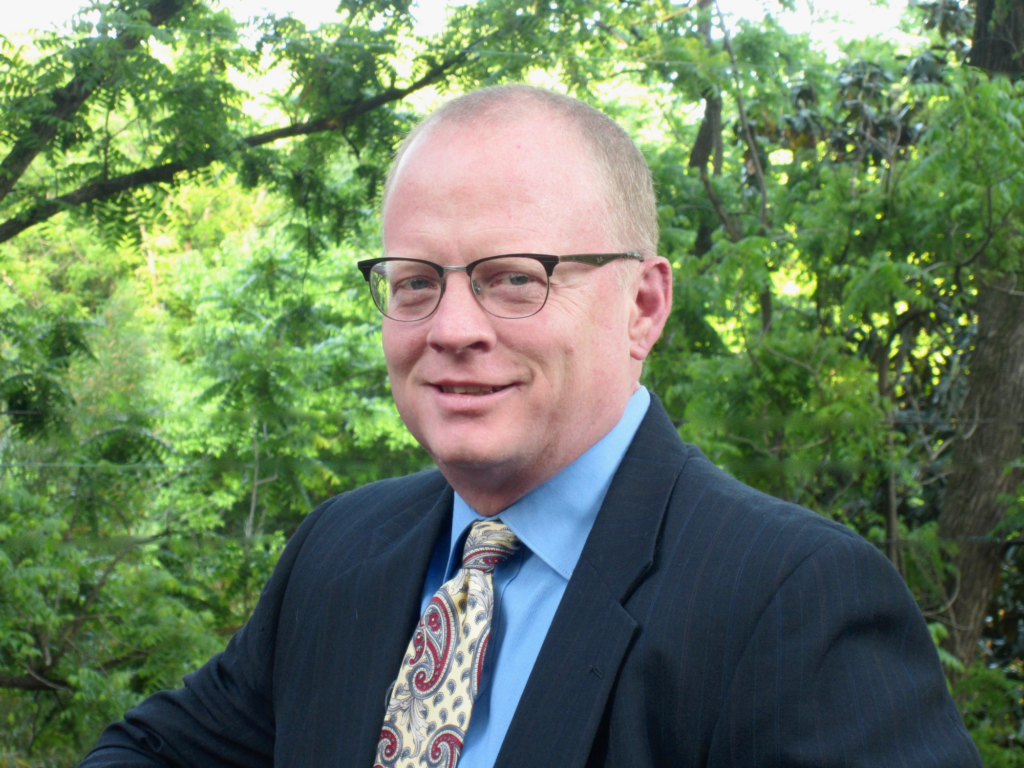Latta Place, formerly known as Historic Latta Plantation, closed to the public last June. This move came after Mecklenburg County chose not to renew its contract with the nonprofit responsible for operating the site.
The Huntersville farm has served as a marker of life in the 1800s for more than 200 years. The site was also a painful reminder of a period in history during which approximately 10.7 million Africans were brought to the Americas and enslaved.
When Latta Place reopens, Mecklenburg County hopes to offer a space for residents to visit that tells the story of all who lived at the farm, particularly the stories of those who were enslaved.
More than Just a Partnership
Mecklenburg County formed a committee of local historians, professors, museum professionals and other community members to partner in their mission of creating a place that is not only historically accurate, but one that also aligns with its new mission statement.
But who are the members of the Latta Place Committee and what motivates them to participate in this project? Here are two of their stories.
Rev. Corine Mack, NAACP Charlotte Chapter President
Q: Why did you want to be involved in this project?

I believe it is my responsibility to elevate the rich history of my enslaved ancestors. While life on plantations is romanticized, the harsh reality of brutalization and the resilience of enslaved people is rarely told. The whole history of America has been hidden. We must be willing to know our full history and learn from it.
Q: Prior to this project, what was your experience with historic sites, specifically sites of enslavement?
My first experience with a historic site goes back to the 70s. When I learned there were enslaved people in New York, I visited my first site in Long Island, NY. Although New York had no sugar or rice plantations, there were plenty of hardworking enslaved people throughout the state. Enslaved and freed Black people were brutalized and kidnapped after the American Revolution. Realizing the devastation of slavery, I have always been interested in learning more and hearing enslaved Africans’ stories.
Q: What do you hope is accomplished?
I hope to assist our team in creating a place where people from all over the country will visit at least once in their lifetime and it changes them.
My hope is Latta will be the place where people take the time to truly appreciate the importance of our humanity. The fact is enslaved Africans’ humanity is as important as any person who lived on this land. They endured brutal treatment and died on this land. This is why I hope people will be able to finally make a conscious decision to help us dismantle racism.
Q: What’s something you’ve learned from being a part of this team?
The Latta team is made up of some extraordinary and gifted people. We all have committed to this work. We are open to each other and in creating something Mecklenburg can be proud of. The history of enslaved people isn’t an easy conversation, but it is one we must have. Compassion, honesty, and transparency in our group has been our foundation.
I have grown since I joined this team. I learned to be more patient with where people are in understanding my frustrations with constant Black harms. I believe we are all better human beings today because we are willing to be transparent and authentic in our conversations with each other.
What people don’t know; they don’t know. But we all have the ability to learn if we want to learn.
Q: What message would you like to share with the community about the importance of this work?
This work was done specifically to tell the full story regarding Latta. Rarely do we tell enslaved people’s stories. In most cases, there isn’t enough recorded about their existence on plantations.
As this country debates critical race theory, we are intentionally elevating the whole history at Latta. I am grateful to be a part of this team. Mecklenburg County gathered a diverse group of people. We all have learned to worked through our uncomfortable and often traumatic visits to plantations to better understand the people who came before us. We have so much more learning and growing to do.
Scott Warren, Historic Site Manager, President James K. Polk State Historic Site
Q: Why did you want to be involved in this project?

This is an exciting project that affords me the opportunity to continue to learn more about the legacy of slavery in Mecklenburg County, to take away best practices so that I can continue to tell this important narrative at the President [James K.] Polk site and to grow as a museum professional.
Q: Prior to this project, what was your experience with historic sites, specifically sites of enslavement?
I have been the site manager for the Polk site since July 2005, so I have been working with the history of enslavement since then.
Q: What do you hope is accomplished?
A true, wholistic and honest approach that will make Latta a site that people of all races can come and be exposed to a complete telling of our history.
Q: What’s something you’ve learned from being a part of this team?
I have learned to listen more thoughtfully and intently. The experiences, opinions and understanding my colleagues’ journey to this point as been so invaluable and it has helped me to continue this path of growth.
Q: What message would you like to share with the community about the importance of this work?
That this work is important to our growth as a community, to understanding how this place can shape and guide our conversations towards a more holistic understanding of who we are and that through inclusive interpretation we can begin to tell Mecklenburg County’s “whole” history.
